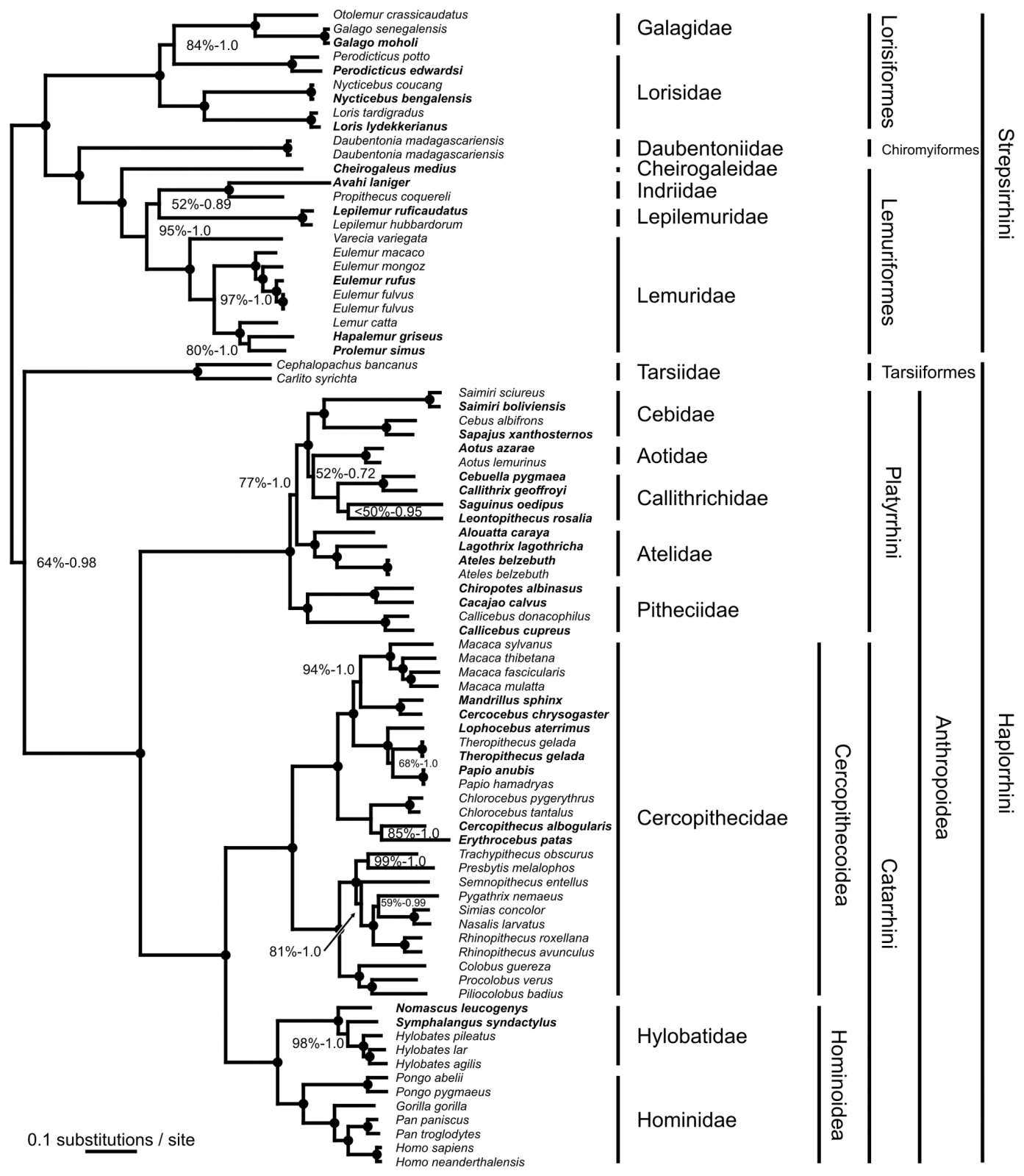The biggest assumption/flaw i see here is EQUATING 'mutation' as a creative force. It is not. It is mostly deleterious, and often fatal, to any organism, though it sometimes neutral, or survivable.
As a matter of fact, the majority of mutations are neutral.
And some are beneficial (with respect to fitness). As is demonstrated in the e-coli experiment, where 2 subsequent mutations resulted in a population having access to a completely new food source, resulting in a population explosion.
The evolutionary process does not, at all, require the majority of mutations to being beneficial in order to work. At all.
This does not equate, 'new traits!' The analogy of wrecking your car is appropriate. The car may still be driveable, depending on the severity if the crash, but it does not add horsepower, leather seats, or chrome wheels.
That analogy makes no sense because cars (or wrecks) aren't biological organisms that reproduce with variation and which are in competition with peers over limited resources.
It literally lacks all the necessary components to be a valid analogy the evolutionary process.
I will repeat the challenge:
Show me.
I know many BELIEVE that mutation is the engine for macro evolution, but there is no evidence for that belief. It is only minimally involved in micro evolution, or simple variability.
This leads me to believe that you don't understand the difference between macro evolution and micro evolution. Since you speak of them as if they are 2
different processes. As if there are mutations that happen in context of "micro evolution" and then
other mutations that happen in context of "macro evolution".
It doesn't work like that at all.
Macro evolution is no more or less then the accumulation of micro evolution through the generations. That's it.
It's like running a marathon vs running 10 miles.
There are no different processes involved. It's just running. Right, left, right, left, right, left,....
Do that for a while and you'll run 10 miles.
Do that for a longer while and you'll run a marathon.
The engine of evolution is the accumulation of micro-changes over generations. That's also what makes the entire process gradual.
It actually necessarily has to happen that way... For survival reasons, the change from one generation to the next must necessarily be very small. Otherwise it will give problems with reproduction. And to big a change in one go will also almost certainly be fatal or at least very harmful one way or the other.
But the crux of it all, is this: macro evolution is the inevitable result of continued micro evolution, unless extinction occurs.
Just like running a marathon is the inevitable result of continued "running", unless you stop running.
Do you have any EVIDENCE, for this belief in mutation as a creative force for increasing complexity?
Yes. The genetic record.
The idea that the accumulation of mutations is what resulted in all the diversity of species, makes a buttload of scientific testable predictions about what we should and shouldn't find in the genetic record, in comparative anatomy, comparative genetics,... even in geographic distribution of species.
And all the evidence fits like a glove, with nothing to seriously contradict it.
Bacteria adapting to digest citrates is not a 'beneficial mutation'.
Yes it is. It's very beneficial to the bacteria.
The population size exploded afterwards. This means that
thanks to that mutation it was able to thrive more then its cousin populations. I'ld call that pretty beneficial.........................
It is not even clear that mutation had anything to do with the e.coli adaptation.
Yes it is.
The mutations in question have even been identified
Chromosomal mutation for citrate utilization by Escherichia coli K-12.
Citrate utilization arose as the consequence of two mutations in genes citA and citB
Canids branching out in diversity, over the last 200 years, is not explained by mutation.
It's explained by
artificial selection.
However, there needs to be something "to select"... and that something is the variation introduced in every new generation.
The variety was already there, in the parent stock, as the time needed for mutation was insufficient.
No, sorry... no poodles or chiuwawa's are "hiding" in wolf DNA. That's not how it works.
There's more then enough time for mutations to occur. They occur, after all, in
every newborn.
The reason why canid diversification was so rapid, is
not because of mutation rates, but because of the
seleciton process used.
A chiuwawa would not naturally evolve, nore would any of its unique traits be selected for in the wild. MANY of the dog breeds we have today wouldn't surive in the wild at all. Heck, there are even dogs that are so far along that they are even completely unable to reproduce naturally....
You overestimate the role of random mutations and seriously understimate the role of the selection process, it seems to me.
The burden of proof is on those to DEMONSTRATE, via sound scientific methodology, that 'mutation' can create genes, chromosomes, traits, or structural changes to the genome
And that has been done, as so many people have told you (with citations) in this thread already. I know, because I read those posts (and actually learned a thing or two from them as well). Off course, if you don't read those posts properly and instead just reply to them while yelling "AD HOM", you might likely miss the interesting contents...............
. Merely pointing to visible mutations in a cell, and extrapolating that to common ancestry, is a false equivalence. ..an UNEVIDENCED false equivalence.
That would indeed be a false equivalence. But that's not at all what evolutionary biologists, paleontologists and geneticists do....
Show me one experiment where a mutation "caused" an increase of complexity, added a trait that was not already there, or any indication that mutation can do the things you believe.
Already have. You handwaved it away.
Merely asserting it repeatedly does not evidence the claim.
And just handwaving the evidence away, will not make it disappear.

